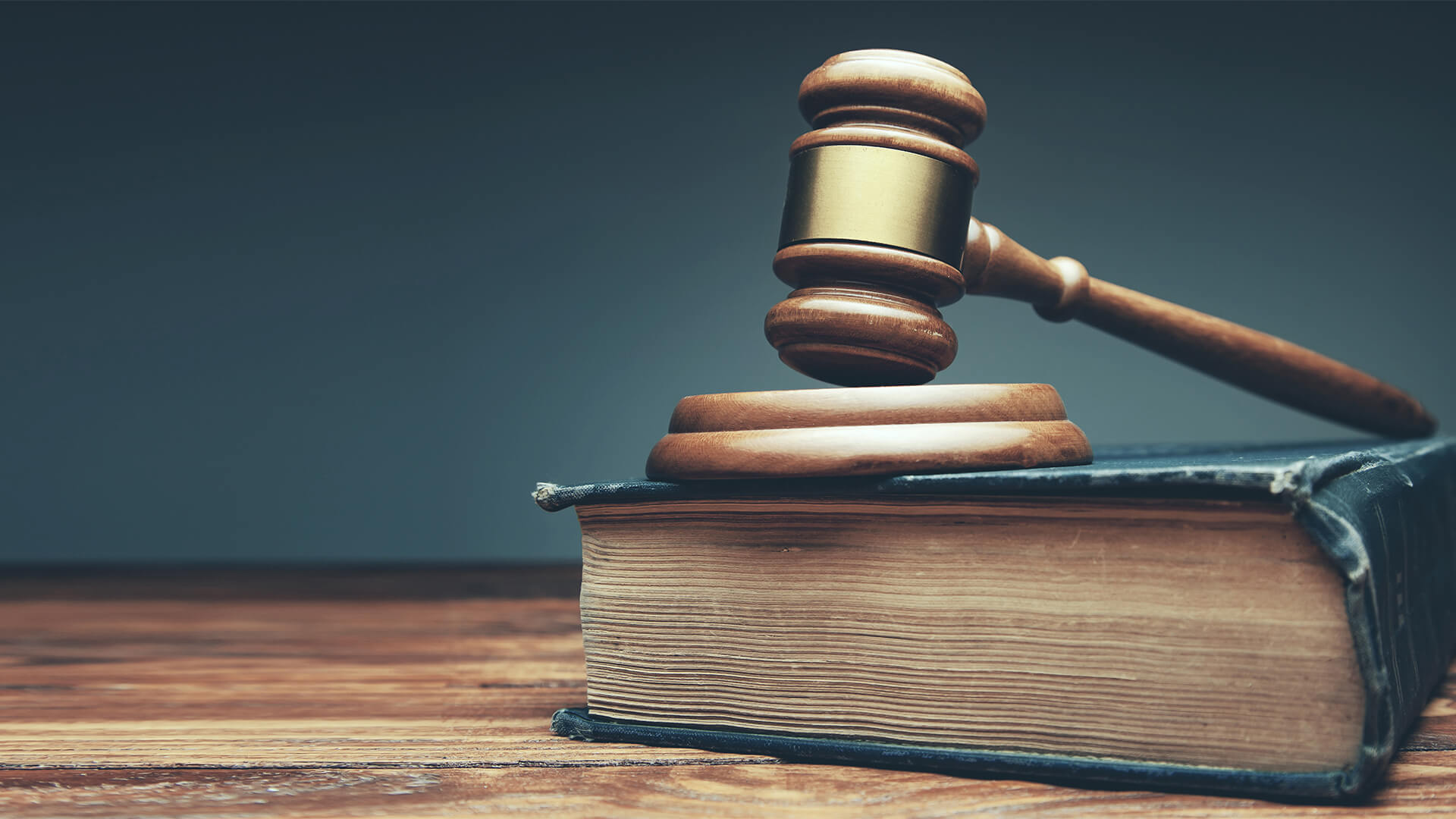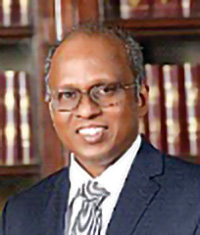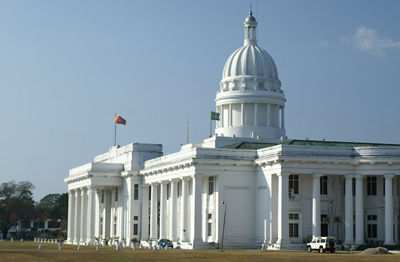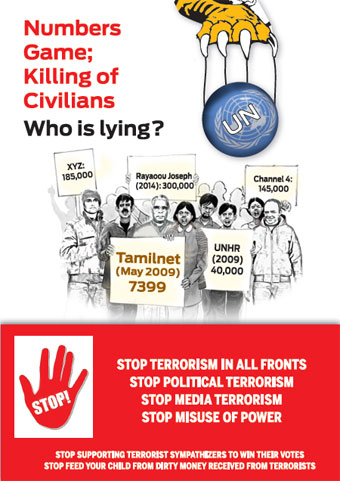Endorsement of an LGBTIQ initiative unconstitutional and therefore unlawful

On 9 September 2025, the Chairman of the Sri Lanka Tourism Development Authority (SLTDA) and the Sri Lanka Tourism Promotion Bureau (SLTPB) formally endorsed a project spearheaded by EQUAL GROUND (apparently an NGO) to promote and develop LGBTIQ tourism in Sri Lanka. In this letter, titled “Endorsement of the Project on Promoting and Developing LGBTIQ Tourism in Sri Lanka“, the Chairman not only recognised this initiative, but also granted authority to coordinate with the tourism industry of the country.
This endorsement reflects the first state-backed initiative explicitly positioning Sri Lanka as an LGBTIQ-inclusive destination. It sends a strong signal to both domestic and international stakeholders that Sri Lanka is seeking to capture the global “Pink Tourism” market.
Commitments
In his letter, the Chairman endorsed the initiative of EQUAL GROUND and acknowledged the purported value of promoting LGBTQ tourism through Diversity, Equity, and Inclusion (DE&I) programs.
He granted authority to coordinate with tour operators, hotels, training institutes, guides, and drivers to implement the proposed training and awareness programmes. The Chairman further recognised the project as having the potential to diversify Sri Lanka’s tourism markets and to contribute to the expansion of the country’s global tourism footprint.
He has expressed willingness to facilitate and present the programme to the President, the Minister of Foreign Affairs, and the Minister of Tourism and Foreign Employment in order to ensure state-level recognition.
Government Policy
This letter cannot be viewed in isolation. It is a policy pronouncement of the Government, since the SLTDA and SLTPB are state entities under the Ministry of Tourism and Foreign Employment. By empowering EQUAL GROUND to lead on LGBTIQ tourism engagement, the letter reflects an official policy stance that LGBTIQ recognition and promotion are part of Sri Lanka’s tourism development strategy.
The Constitutional Barrier
However, this policy shift and the endorsement of an LGBTIQ initiative is unconstitutional and therefore unlawful. This constitutional inconsistency was proclaimed by the Supreme Court (comprising P. Padman Surasena J (CJ), Yasantha Kodagoda PC J, and Kumudini Wickremasinghe J) in the Special Determination on the Gender Equality Bill (2024). In that case, the Court explicitly held that the Constitution recognises equality only on the basis of “sex” (male and female), and not on “gender” or “gender identity.”
Supreme Court Determination
The Bill titled “Gender Equality Act, No. of 2024” was gazetted on 10 April 2024 and placed on the Order Paper of Parliament on 7 May 2024. Two petitions were filed under Article 120 read with 121 of the Constitution challenging the Bill’s constitutionality.
Intervenient Petitioners (activists and NGOs) later sought to support the Bill, but their petition was dismissed as time-barred.
Key Constitutional Issues Considered Article 12 – Equality:
The Court distinguished between “sex” (biological male/female) and “gender identity” (socially constructed roles/identities). The following passages are cited from the judgment, which illustrate the reasons for the decision:
“In the course of the hearing, it was common ground between the learned President’s Counsel for the Petitioners and the learned Deputy Solicitor General that the word ‘sex’ appearing in Article 12(2) of the Constitution and the word ‘gender’ appearing in many places in the Bill are not the same. Mr. Canishka Witharana, appearing for the Petitioners in SC SD 55/2024, relied on the definitions of those two words contained in Merriam-Webster Online Dictionary and Thesaurus to show this difference. It is worthwhile reproducing those definitions from the said source. The definition for ‘sex’ is given below.
Sex
– either of the two major forms of individuals that occur in many species and that are distinguished respectively as female or male, especially on the basis of their reproductive organs and structures.
The learned Deputy Solicitor General similarly cited a definition for ‘sex’ from Black’s Law Dictionary (2nd Edn):
Sex
– ‘The distinction between male and female; or the property or character by which an animal is male or female.’
Thus, the above definitions provided by both the Petitioners as well as the learned Deputy Solicitor General convince us that any person’s sex has to be either male or female and not any other. Moreover, since the definition refers to the reproductive organs and structures as a basis of distinction, I am also convinced that this categorisation of persons is based upon a biological criterion.
On the other hand, the phrase gender identity, according to Merriam-Webster Online Dictionary, refers to a person’s internal sense of being male, female, some combination of male and female, or neither male nor female. The same source has expressed the view that gender expression refers to the physical and behavioral manifestations of one’s gender identity.”
The Court also held:
“Therefore, I am also convinced that the phrase gender identity is a category different from the categories of male or female. Therefore, I am also convinced that there can be only two components under the term ‘sex’. Those components are firstly the category of male and secondly the category of female. I, therefore, hold that gender identity is a phrase that denotes a distinct standalone category that is different to the category identified as sex in Article 12(2) of the Constitution.”
Gender identity – a new category:
Gender or gender identity denotes persons who identify with categories other than male or female. Such categories are commonly represented under the acronym LGBTQ+, referring to Lesbian, Gay, Bisexual, Transgender, Queer/Questioning, and other related identities. However, under the Constitution, no recognition can be accorded to these categories beyond the constitutionally recognised classifications of persons as either male or female.
Gender equality:
The Chairman’s letter was very specific in supporting “Diversity, Equity and Inclusion (DE&I)” programs. Taken literally, such programs may be structured to promote and assure “gender equality.” Clause 3 of the Gender Equality Bill stated that “every person shall have the right to gender equality and no person shall be denied such right.”
However, the Court held that:
“…our Constitution does not recognize the presence of gender equality. The Constitution only recognizes that no person can be discriminated against on the basis of sex. The framers of the Constitution, in their wisdom, deliberately left out recognizing gender equality.”
National Policy:
The Bill referred to a National Policy on Gender Equality and Women’s Empowerment. The Court held that, without incorporating it into the Bill or specifying its content, the policy remained uncertain and external. Such policies cannot be given the force of law, and reliance on them amounts to arbitrariness. In this light, the Chairman’s letter appears to have created a similar unlawful policy framework, which cannot be validly implemented.
Buddhism – Religion:
Tourism in the country must be promoted without tarnishing traditions, culture, and religious practices and beliefs. State and state officials are bound to adhere to Article 9 of the Constitution, which requires the protection and fostering of the Buddha Sasana.
The Court held that a Gender Equality law would compel religious institutions such as Pirivenas, Buddhist Universities, Churches, Mosques, and Convents to admit persons regardless of sex/gender identity. Promoting LGBTQ practices would also undermine Buddhism’s foremost place and the freedom of religion and practice (Articles 10 and 14(1)(e)).
Same-Sex Marriages and Cultural Impact:
The Court warned that giving recognition to gender equality could open the door for same-sex marriage claims, which are contrary to existing marriage laws (Marriage Registration Ordinance, Kandyan Marriage & Divorce Act, Muslim Marriages Act, Tesawalamai), Sri Lanka’s culture, and Penal Code provisions criminalising homosexual acts (Sections 365 and 365A).
Legitimacy Questionable
Every state official, including the Chairman of the SLTDA, assumes office under an oath to uphold and defend the Constitution of Sri Lanka. This oath imposes both a legal and moral duty to ensure that all actions, policies, and endorsements remain within constitutional boundaries. When an official acts in contravention of the Constitution, it raises serious questions of accountability and constitutes a potential breach of constitutional duty. By formally endorsing LGBTQ tourism and granting authority for its promotion, the Chairman has acted in deliberate violation of those constitutional limits. Consequently, the legitimacy of the Chairman’s official acts from the moment of such breach of oath becomes open to serious doubt.
Legal Requirements for LGBTQ Recognition
No policy, law, or regulation promoting LGBTQ rights or recognition can be made under the current Constitution without first amending it. Intended laws need a two-thirds majority in Parliament plus approval by the people at a referendum to become valid and enforceable.
 by CaniShka
by CaniShka
G Witharana
ATToRneY-AT-LAw
26 Viewers








